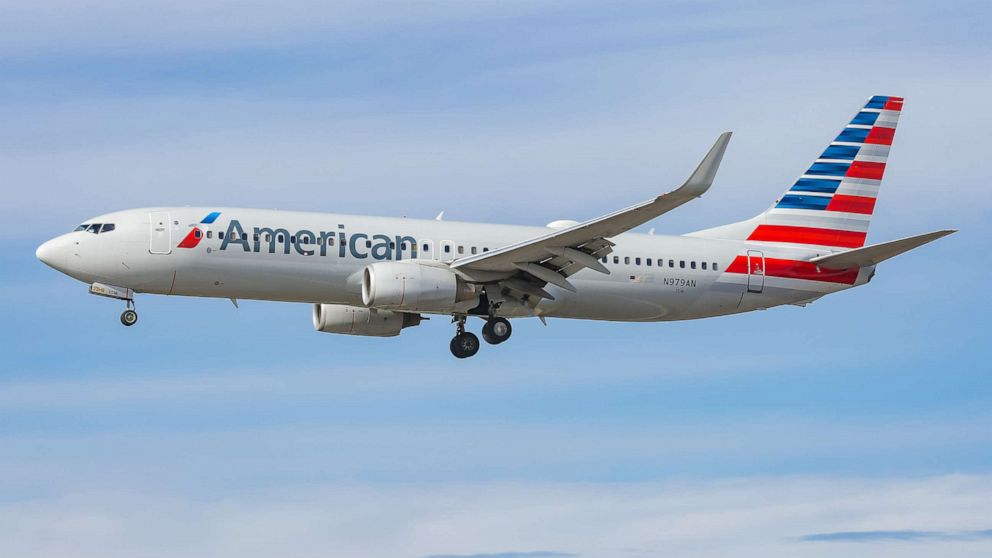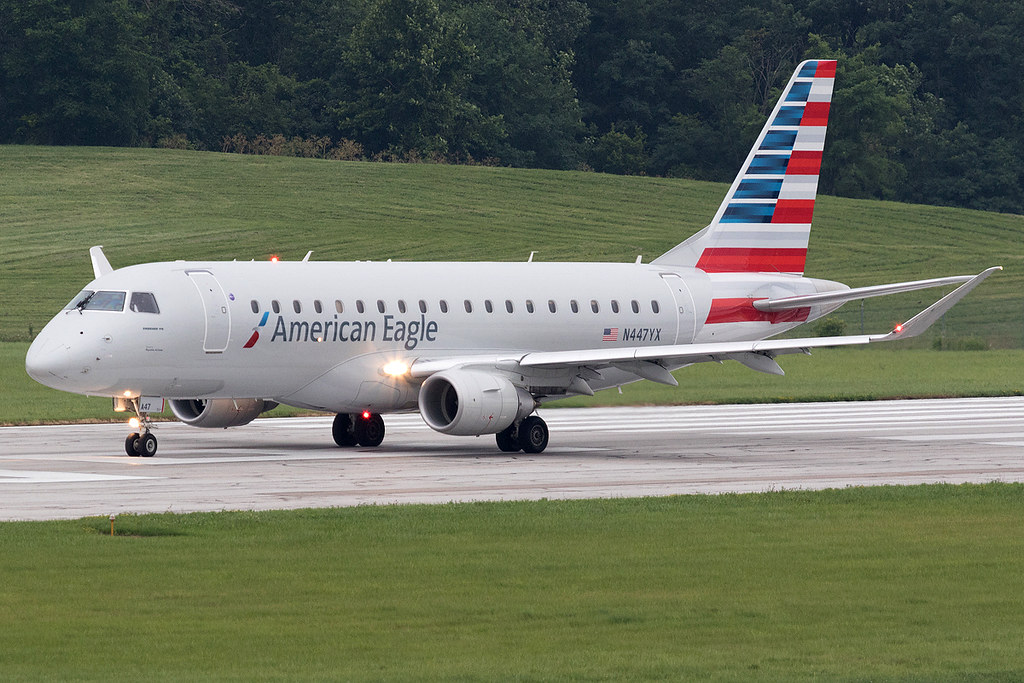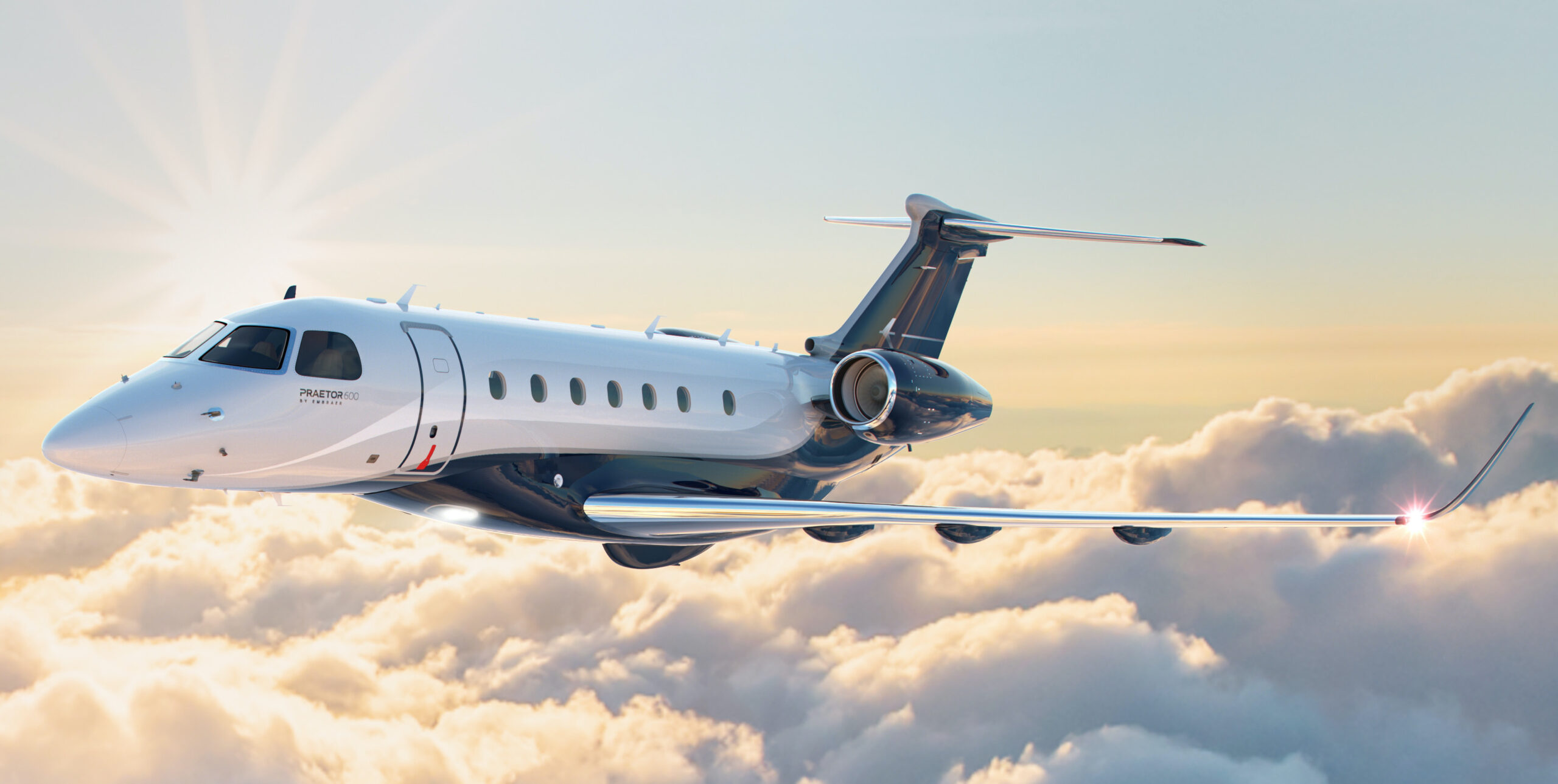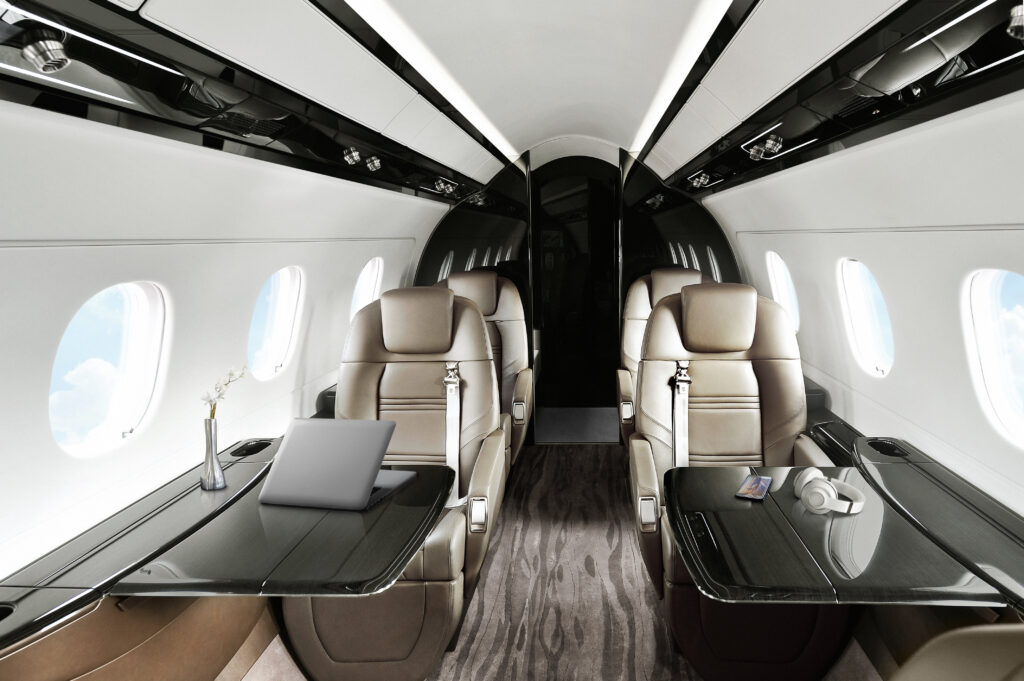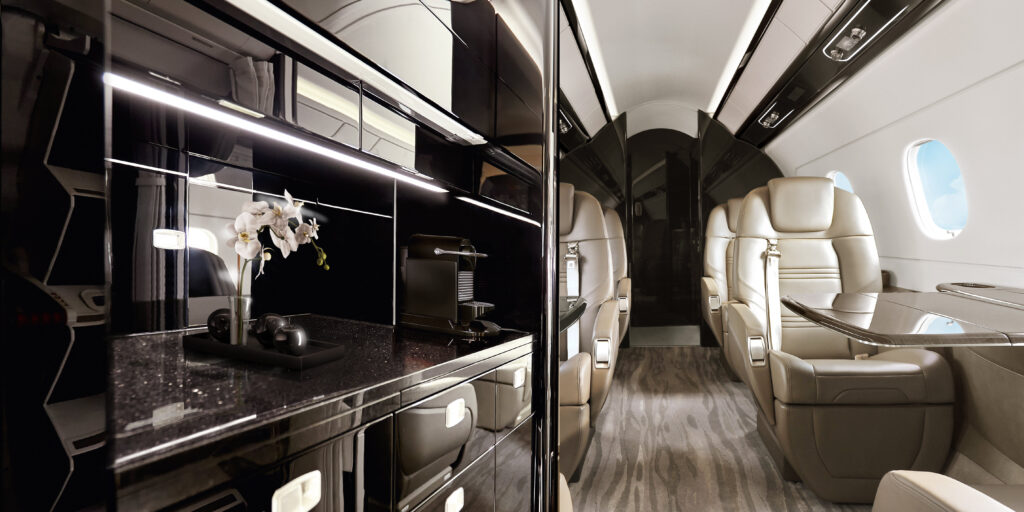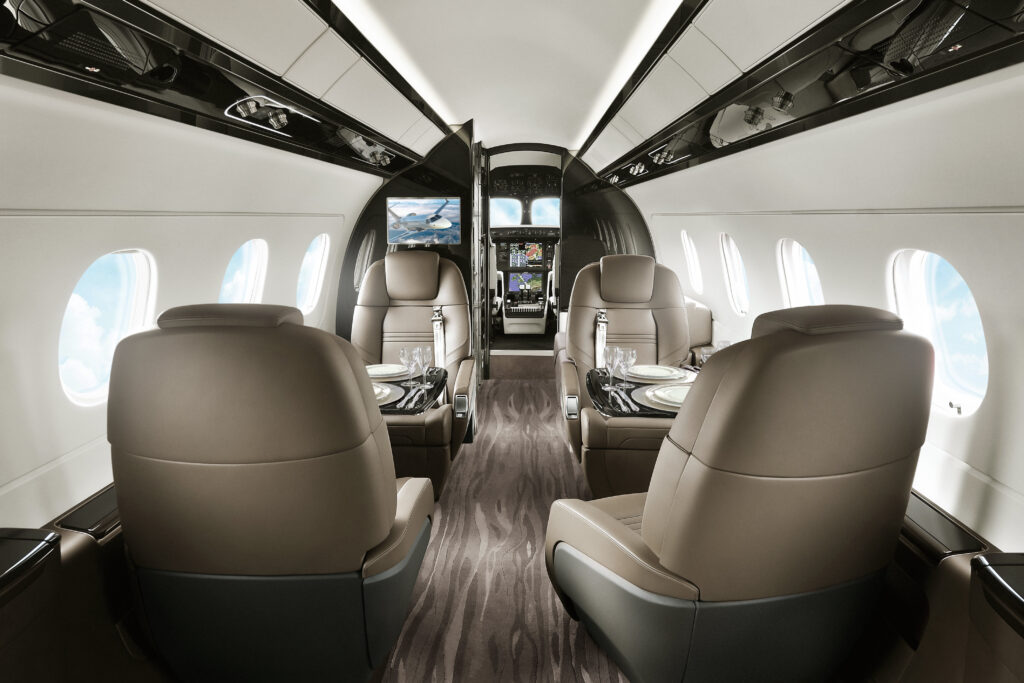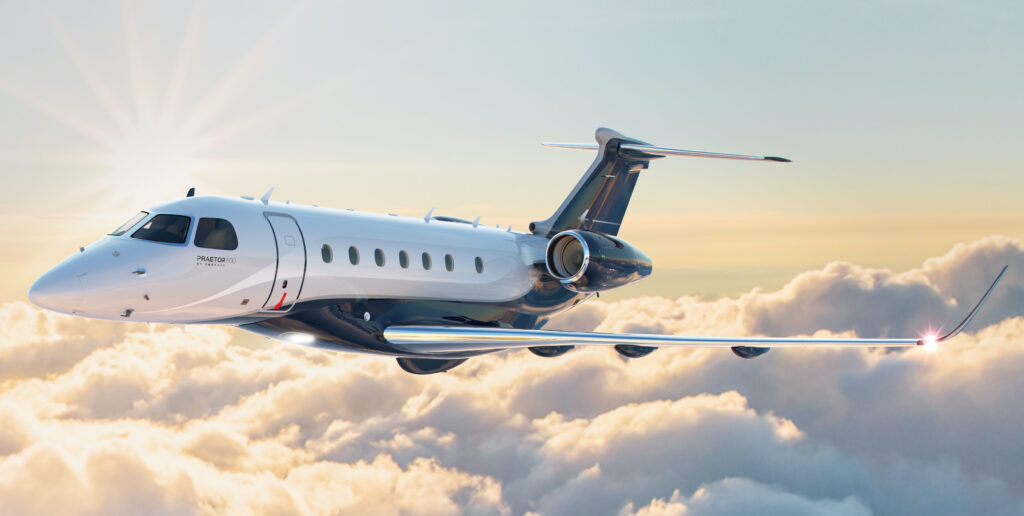BRISBANE, Australia, Feb. 15, 2021 /PRNewswire/ — Astronauts aboard the International Space Station (ISS) are conducting experiments with an antimicrobial surface coating designed to fight the spread of bacteria and viruses, including the Earth-bound SARS-CoV-2 virus responsible for the current COVID-19 pandemic. Developed by Boeing [NYSE: BA] and The University of Queensland (UQ), the joint research project was tested aboard Boeing’s ecoDemonstrator last year as part of the company’s Confident Travel Initiative.
The ISS experiment tests two identical sets of objects, including an airplane seat buckle, fabric from airplane seats and seat belts, and parts of an armrest and a tray table. One set received the antimicrobial surface coating, the other did not. ISS crew members are touching both sets of objects every few days to transfer microbes naturally occurring on human skin; no microbe samples were sent to the station for this experiment. Later this year, the test objects will be returned to Earth for analysis at Boeing’s labs to measure the effectiveness of the surface coating in a space environment.
An antimicrobial surface coating in a spacecraft could help ensure the health of the crew and protect the spacecraft’s systems from bacteria – and ultimately may help prevent interplanetary contamination from Earth-borne or another planet’s microbes.
Boeing was selected by NASA as the prime contractor for the ISS in 1993. Since then, Boeing has provided round-the-clock engineering support – maintaining the station at peak performance levels through dynamic missions and ensuring that the full value of the unique research laboratory is available to NASA, its international partners and private companies for years to come.
Since 2003, Boeing and The University of Queensland have collaborated on a broad portfolio of joint research and development projects. In 2017, the Brisbane-based Boeing Research & Technology engineers relocated to the university in a first-of-its-kind partnership for the company’s Asia-Pacific region.
The Australian Institute for Bioengineering and Nanotechnology (AIBN) at UQ has been a driver for multidisciplinary research to tackle global problems. The AIBN houses over 400 researchers across a wide range of scientific disciplines.
Boeing is the world’s largest aerospace company and leading provider of commercial airplanes, defense, space and security systems, and global services. As a top U.S. exporter, the company supports commercial and government customers in more than 150 countries. Building on a legacy of aerospace leadership, Boeing continues to lead in technology and innovation, deliver for its customers and invest in its people and future growth.

